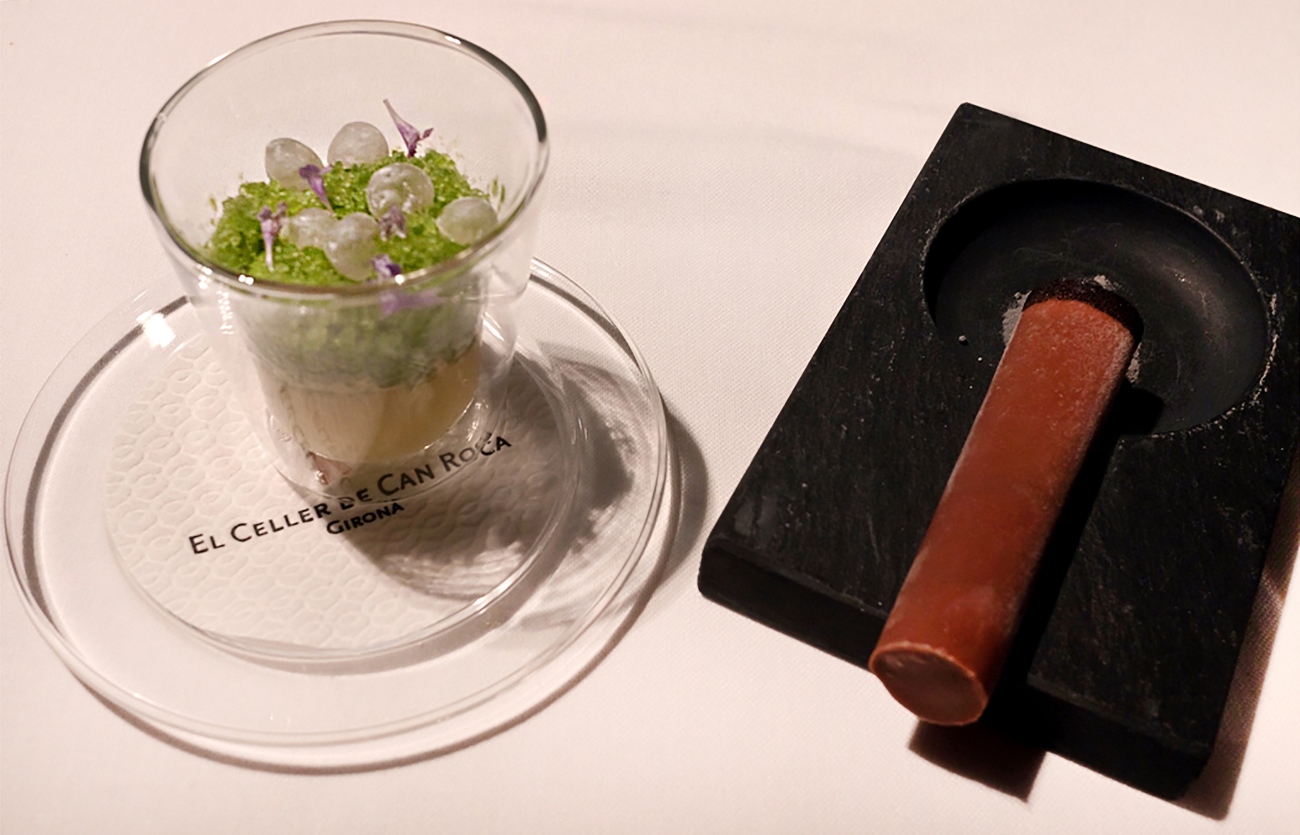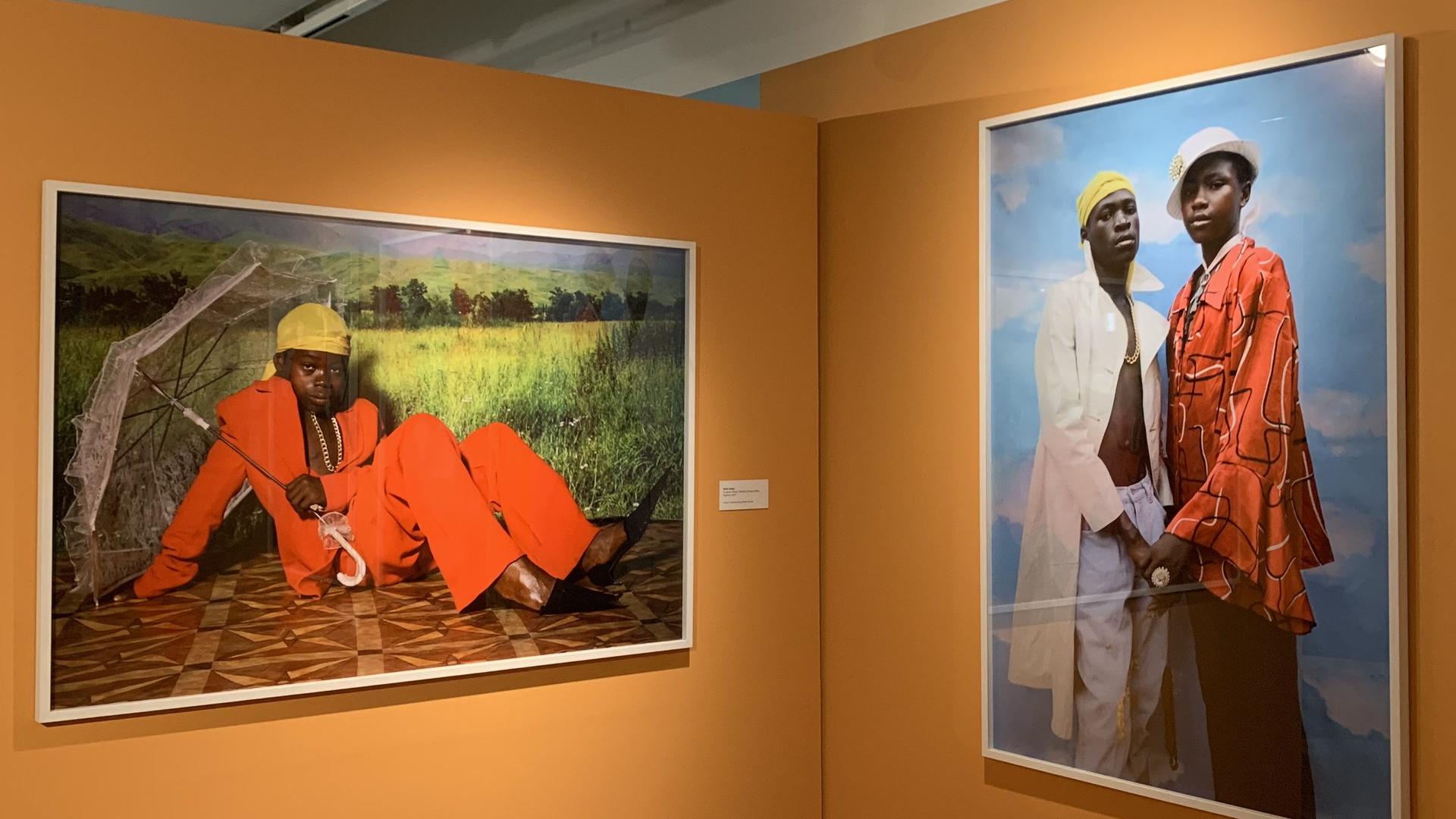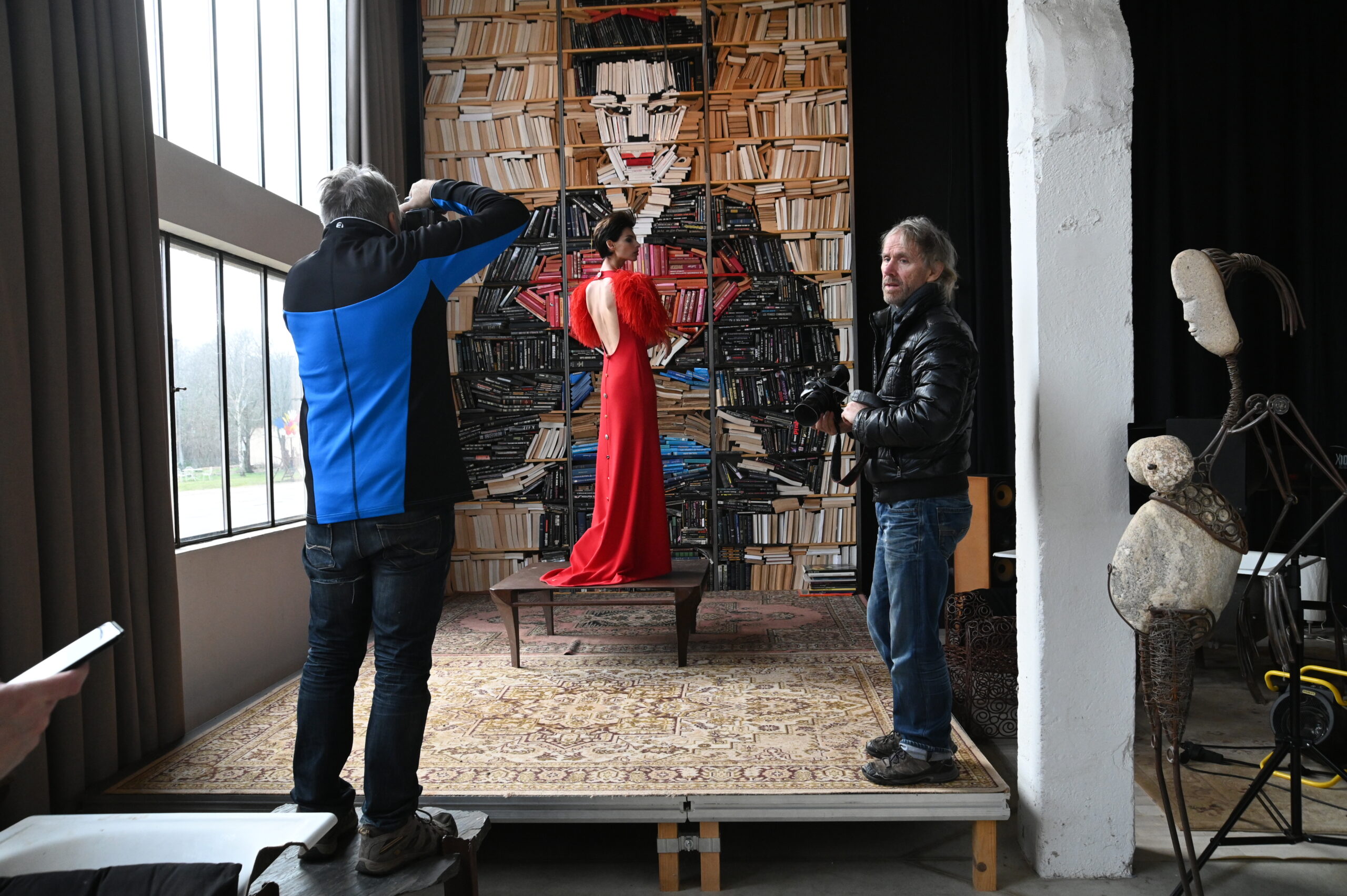Before the read
The Roca brothers blend Catalan roots with innovation in gastronomy.
Their family restaurant became the foundation for a creative empire.
It reflects a rare balance of heritage, artistry, and constant reinvention.
Celler de Can Roca: Inside the Culinary World of the Roca Brothers
It is often debated whether nature or nurture is more important in children’s growth. This age-old argument has neither been settled nor advanced scientifically.
However, if one were to distill a response from the story of El Celler de Can Roca and the Roca family, the answer would be that both are equally fundamental.

The parents of three brothers—Joan, Josep, and Jordi—opened the restaurant Can Roca in 1967 in Taialà, an outlying district of Girona, Spain, which is home to immigrants from the Andalusia region. The brothers grew up, did homework, played games, and watched TV there, treating the restaurant like their living room.
Growing Up in a Family Restaurant
“Our table at the bar was next to a gas stove,” recalls Joan, the eldest and the person in charge of the mains nowadays. A crowded bar prevented their parents from dedicating more time exclusively to the boys. So, the restaurant’s kitchen and dining room naturally became the place for them to spend hours—first as spectators of the hustle and, soon after, as active participants.
Make no mistake, the brothers were raised in a family restaurant. Their grandmother and mother were cooks, and this heritage was never forgotten.
“Our grandparents and even the customers, who often were also our friends, looked after us,” says Josep, the middle brother and resident wine expert and sommelier. “That was a very fun house; we spent time with many people and many things happened.”
On top of the restaurant, there were five or six rooms that were part of the inn to accommodate workers from other Spanish regions like Navarre, Andalusia, or Aragon. They worked in the nearby Barcelona factories or in construction. And suddenly, the “family” grew rapidly. They shared a roof and, at times, a table with all the visitors. “We spent time with them, and that, for us, was rewarding and enriching,” explains Joan.
Joan Roca: Passion in the Kitchen
The elder Roca looked after the two younger brothers as he was the more responsible and diligent. From an early age, he was the most mature of the three, dedicated, serious, and passionate about the cooking that his grandmother, Angeleta, and his mother, Montserrat, were doing at Can Roca.
Joan’s mother had a chef jacket tailor-made for him when he was nine years old (which he still has and lets his son occasionally play dress-up with). He spent his afternoons in the kitchen and, unknowingly, began to shape his future. He helped in the kitchen any way he could. From peeling vegetables and stuffing sausages to making Escudella i carn d’olla (a traditional Catalan soup made with meat and vegetables) and vanilla custards, Joan did it all. Seeing people happy at his parents’ restaurant was all he needed to continue down the same path to work as a chef.
As a chef, he has garnered countless accolades, including Best Chef of the Year, Best Restaurant in the World, Best World Chef, and Chef’s Choice Award from organizations such as the Spanish Academy of Gastronomy, Restaurants Magazine, The World’s 50 Best Restaurants, The Best Chef Awards, and more. Not to mention, he has held a three-Michelin star rating since 2009.
Josep Roca: The Wine Maestro
While the eldest, Roca, helped in the kitchen, the middle brother, Josep, was enamored with serving customers and wine. As young as five, he was assigned the task of refilling wine bottles.
His enthusiasm only grew as he got older. “When I was eight, I used to go fishing with my uncle, and what excited me the most was breakfast,” he says. “Because I knew he would bring his wineskin and let me have a sip.” As he matured, he also started exploring the liquors in the bar, which he compares to “going to the United Nations” for different products from around the world.
Josep described his younger self as clumsy, mischievous, rebellious, and a hooligan. “I made my dad, my mother, the customers angry… I had ants in my pants and was insecure; I was left-handed and thought I wouldn’t be able to serve with tongs, to debone a fish, or to peel an orange in front of a customer,” he remembers.

Despite all that, his love of wine and alcohol helped him become a self-described “wine waiter” and, eventually, one of the best sommeliers in the world. His achievements include the National Gastronomy Prize for Best Maître in the Dining Room, the National Gastronomy Prize for Best Sommelier, the International Academy of Gastronomy Prize for Best Sommelier, the Gueridón de Oro Prize for Best Maître in the Dining Room, and being named the World’s Best Sommelier by The World’s 50 Best Restaurants.
The familial values of consistency and perseverance continued when the two elder brothers joined forces to open El Celler de Can Roca in 1986. It was a serious endeavor, one that Joan described as a “long-term project, a way of life, a path.”
For Josep, it is their most definitive project, though it is never finished. “Like Valéry’s unfinished poem, it has been evolving for over thirty years. Routine becomes beauty, and innovation becomes rhythm,” he says.
Jordi Roca: Finding His Sweet Spot
Jordi, the youngest of the brothers, is fourteen and twelve years younger than Joan and Josep. So naturally, he grew up more spoiled than the elder brothers. Joan and Josep had already opened El Celler de Can Roca while the parents still ran Can Roca next door. So, he helped at both places.
Even though he idolized his brothers, Jordi had trouble forming a solid career path. Things changed quickly, however, when Damian Allsop, the then-pastry chef at El Celler, had an accident that put him out of commission for a few months. Jordi had to grow up quickly, as he was named the restaurant’s pastry chef.
He rapidly grabbed the reins in the pastry department and ascended the culinary world by winning multiple Spanish and International culinary awards. His trophy case includes Best Pastry Chef of the Year, IV Premio Chef Millesime, World’s Best Pastry Chef Award, and the Prix au Chef Pâtissier and Best Pastry Chef from organizations like Lo Mejor de la Gastronomía guide, Cruzcampo Gran Reserva, The World’s 50 Best Awards, Académie Internationale de Gastronomie, and The Best Chef Awards.

The restaurant’s organic growth necessitated a move to Torre de Can Sunyer, the current location of El Celler de Can Roca, designed by Sandra Tarruella and Isabel López in 2007. The aim was to visually connect all spaces with the gardens and create a harmonious, accessible atmosphere. The design seamlessly combines natural light, organic materials, and open spaces to ensure privacy and comfort.
Innovation and Creativity at El Celler de Can Roca
As the restaurant continued to evolve, innovation became increasingly important. When asked where they draw their inspiration, the brothers explained there is no linear approach. They encourage creativity through flexibility, drawing inspiration from personal experiences, travel, or everyday life. More systematically, they hold long-term creative sessions at La Masía, their research and development center, with specialists from various fields such as design, science, and art. There, they draw on sixteen sources of inspiration, including tradition, memory, product, landscape, wine, poetry, and humor.
This creative triangle also has an inherent advantage: It allows the other two to keep going even if one temporarily loses the spark. These occasional creative crises drive innovation. As Josep summarizes, “Creativity is a state of mind, a way of embracing life and generating inspiration. To be creative is to be alive.”

As their fame and accolades accumulated, the three brothers never made decisions without reaching a consensus. To them, this restaurant truly embodies partnership. “It’s a collaboration of three disciplines, each of us contributing our perspective on every new dish or project. The downside is that decisions take time; the upside is that they’re good ones,” Joan says. For Josep, the restaurant represents a “merging of worlds in a harmonious dialogue fueled by passion, enjoyment, rigor, and inspiration.” Jordi describes it as a “personal, familial, professional, and creative signature—our DNA.”
Even though they are perched high on the culinary world’s summit, they are not resting on their laurels. Recognition was never the goal, but they are grateful for it. In their minds, a restaurant requires time and dedication. The key is to be content with daily routines. It is about finding joy in the journey because achievements are fleeting. The pressure to stay at the top is not a negative but an opportunity to be the ambassadors for those behind their food and wine and, more importantly, their team and their culture.
To that end, the brothers have kept up with the times in multiple ways. First, they are deeply involved with all media channels. For example, in addition to their main Instagram account (@cellercanroca), Jordi (@jordirocasan) has garnered over one million followers on Instagram through his quirky and informative clips. They also appeared in a few TV series like MasterChef: The Professionals in the United Kingdom to connect with diners.
Secondly, they regularly collaborate with different brands and restaurants internationally. Their renewal of the BBVA bank partnership allows them to work on multiple projects, including improvements on sustainable dining. They have also recently opened a new restaurant on the Macallan Estate in the Scottish Highlands. In addition, they have started other ventures such as Hotel Casa Cacao, Rocambolesc ice cream/candy shop, and Esperit Roca Distillery, among others.

Last but not least, they generously share their knowledge and are keen to help the next generation of chefs. They continue to teach courses at their old culinary school of Escola d’Hostaleria de Girona and frequent conferences and workshops worldwide.
To Joan, all chefs are friends who share a common language of cooking, one of emotion, respect, generosity, and passion. Traveling and exchanging ideas enrich them and fuel their creativity. And that passion is unmistakable as one can see from their body of work.
More by this author
The Wrap
- El Celler de Can Roca grew from a modest family restaurant into a world-renowned culinary destination.
- The Roca brothers each brought unique strengths: Joan’s cooking, Josep’s mastery of wine, and Jordi’s pastry innovation.
- Their Catalan roots remain central while pushing boundaries of creativity and modern gastronomy.
- Long-term collaboration and consensus drive every decision, ensuring harmony in the restaurant’s vision.
- Innovation thrives at La Masía, their R&D hub, where chefs explore new culinary inspirations.
- Global recognition has not slowed them; instead, they mentor, teach, and inspire the next generation.
- The story of the Roca brothers proves that passion, family, and innovation can reshape the culinary world.































